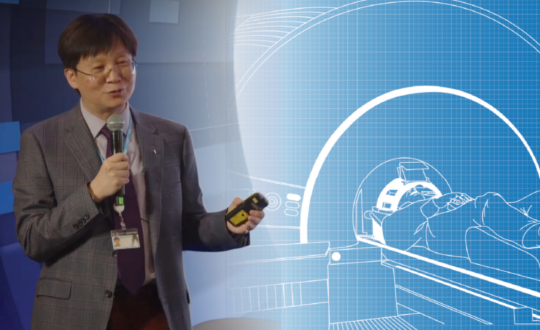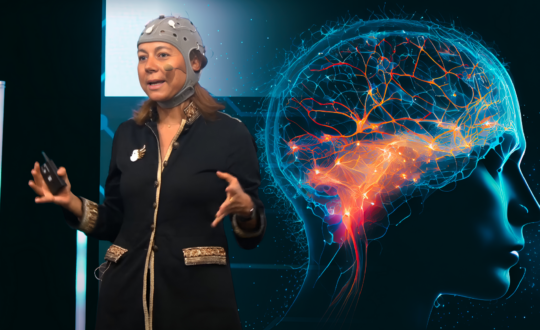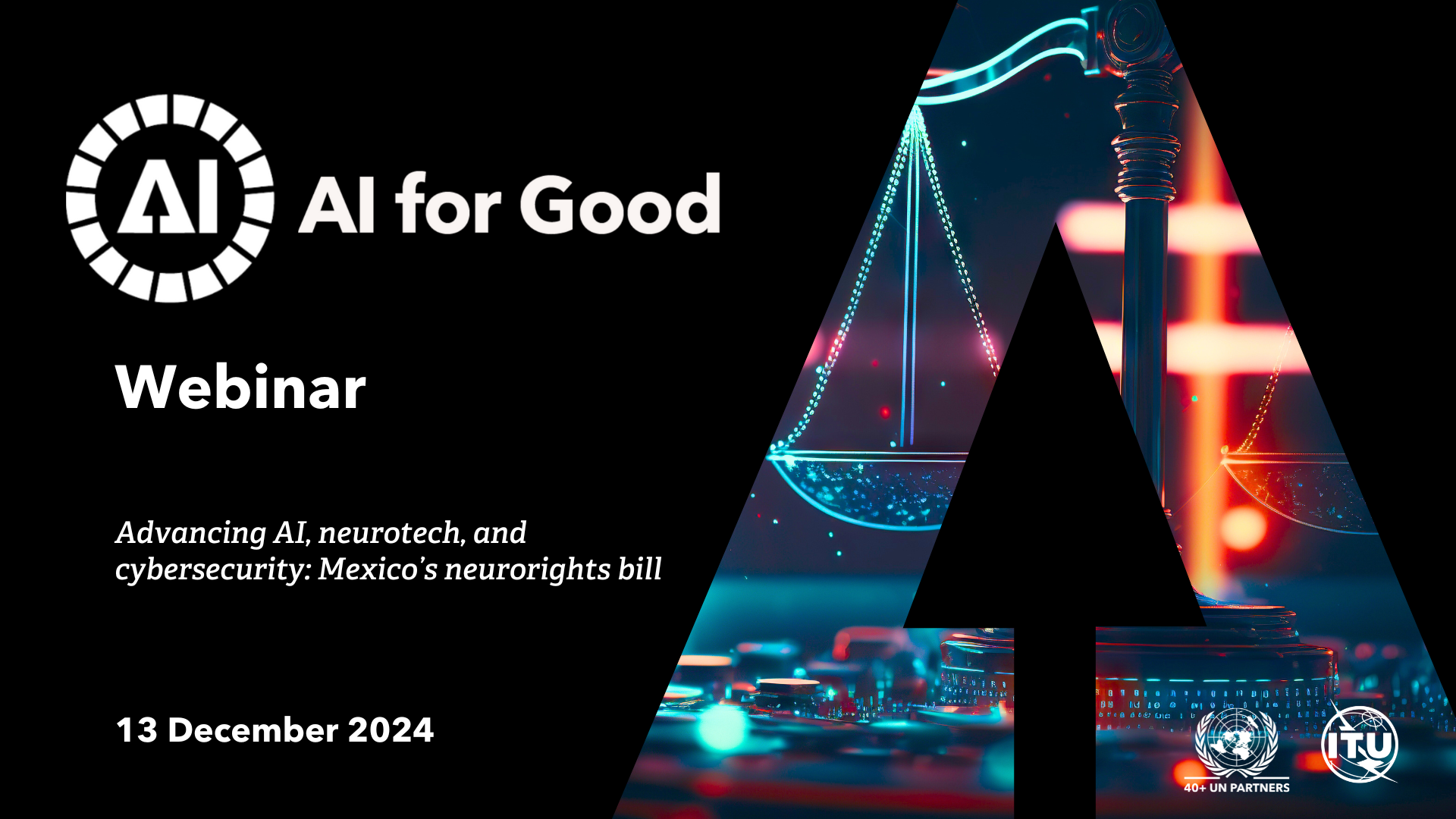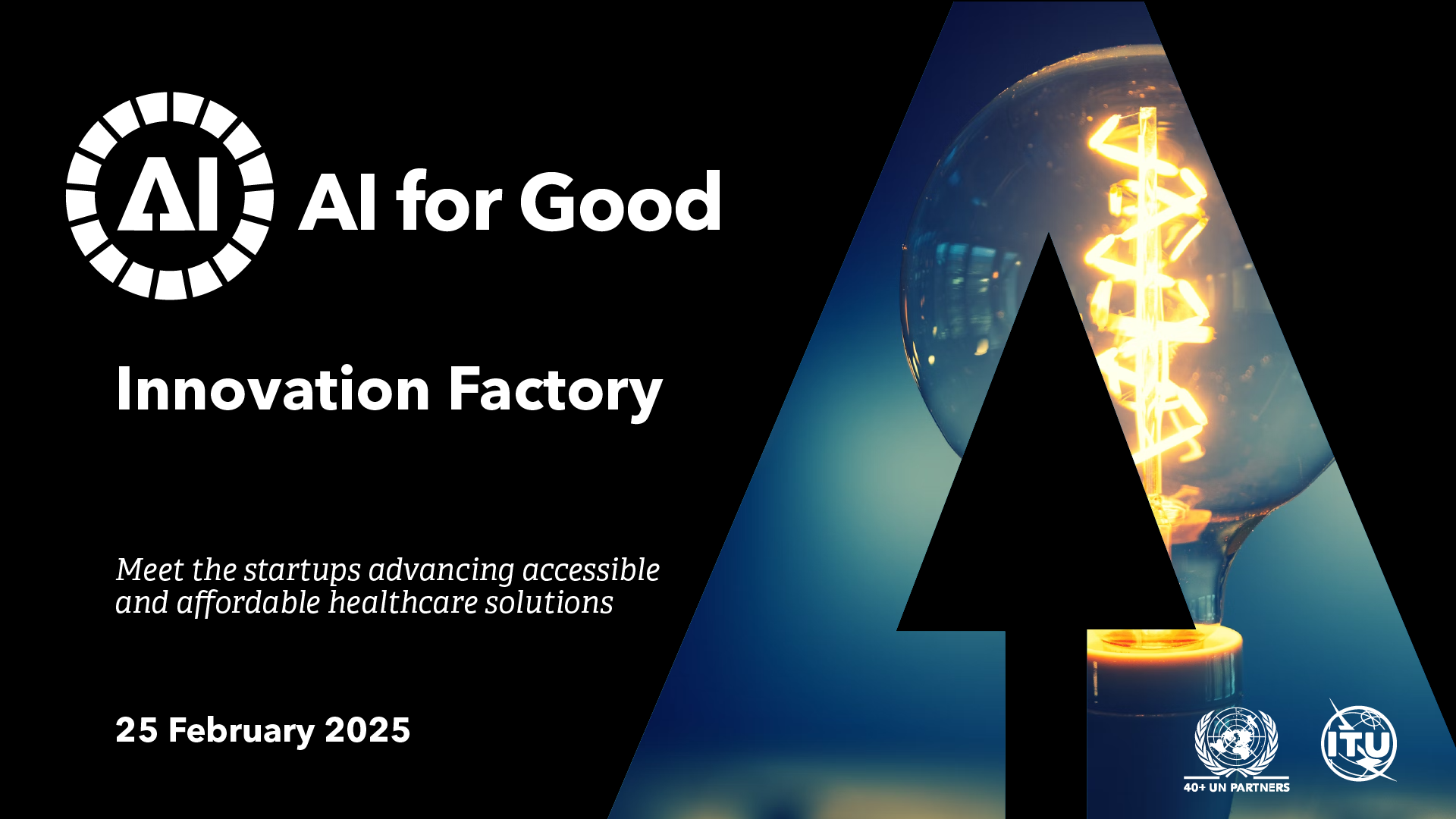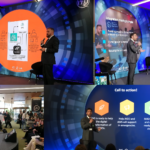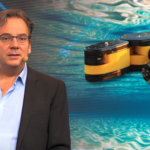As we move forward into a future powered by technology and AI, the importance of fostering effective intergenerational dialog and promoting diversity and inclusivity in solution development cannot be overstated. While the younger generation is often seen as the driving force behind innovation with the skills and expertise to develop AI systems, the older generation typically holds positions of financial and political power, serving in an advisory role due to their experience.
In a recent AI for Good Perspectives Interview, the founders of Elsa Health, Ally Salim Jr and Megan Allen, along with Stefan Germann, CEO of Fondation Botnar, discussed the challenges and opportunities of fostering intergenerational collaboration. Drawing from their experiences as funders and innovators in the public health sector, they shared stories that highlighted successful collaborations and explored how organizations, individuals, and governments can work together across generational lines to create truly impactful and effective solutions.
The intergenerational challenge
As we strive to build AI ecosystems for the future, one of the biggest challenges is the significant gap in knowledge between generations. This gap not only encompasses technical knowledge but also a lack of understanding about how to finance AI solutions, which causes friction and frustration between the innovators and the decision-makers.
“We have to be able to bring all of the diverse stakeholders to the table in order to effectively move forward”, stated Megan Allen.
Moreover, innovators are developing technologies that older generations don’t fully understand, leading to increased time spent explaining the benefits of such technology and alleviating concerns about job loss. One factor contributing to this divide may be the differing mindsets between generations, as Stefan Germann pointed out during the interview.
“Most policymakers are above fifty, and many of us have an analogue mindset. We’ve been trying to be in the analogue age, but young people are really living in the digital age, and they have a digital mindset”, explained Germann.
Furthermore, the expertise of young innovators is often undervalued, despite their invaluable contributions to the development of AI solutions. Germann stressed that although their expertise is sometimes included in discussions, there is a risk that it might not be given equal consideration compared to the different perspectives of the older generations.
The key to bridging the gap
Building a fair and ethical AI ecosystem requires intergenerational collaboration. To do so, it is essential to establish dialog and conversation in order to bridge the gap between the older and younger generations.
“We need to reach out to older generations and create diverse stakeholder groups so that we can understand their values and incentives, so that those frustrations and breakdowns in the ultimate solution development don’t happen”, said Megan Allen.
To address the generational gap, young innovators must initiate dialog with older generations, who can then make themselves more available to foster collaboration between stakeholders. This is particularly important because older groups have decision-making power that younger people lack. Fondation Botnar, a philanthropic foundation dedicated to promoting the health and wellbeing of children and young people, recognizes the significance of this issue and is supporting this kind of dialog.
“As a foundation, we are deeply committed to fostering this dialog between policymakers and young people”, said Germann.
However, dialog alone is not enough. Funding and policymaking organizations also play a critical role in supporting young people’s engagement in AI. Germann pointed out that when creating spaces where there is mutual respect and appreciation, policymakers tend to listen and engage more. According to Ally Salim Jr, funding organizations can also be very helpful to innovators, as they have more experience and can allow younger people to leverage their skill sets in developing technologies that are relevant to their context.
The longer we wait to establish meaningful collaboration between generations, the greater the gap becomes, and the harder it will be to build a fair and ethical AI ecosystem.
“AI is an exponentiating factor, so the longer we wait to do this, the bigger the gap becomes”, emphasized Ally Salim Jr.
Therefore, deep and meaningful participation with young people, along with leveraging the power of digital and AI transformation, is crucial to achieve the goal of building a fair and ethical AI ecosystem.







